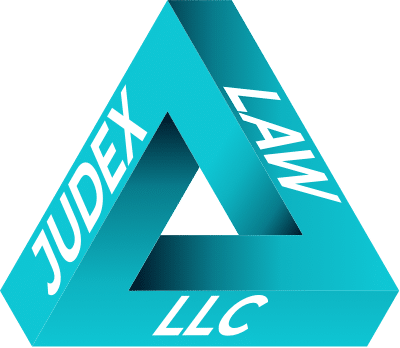As a financial advisor, it can be challenging to keep up with the Financial Industry Regulatory Authority’s (FINRA’s) seemingly endless rule changes. However, it’s important to understand how some of the proposed rule changes FINRA has recently submitted to the Securities and Exchange Commission (SEC) could impact securities firms and financial advisors, especially regarding the expungement request process. Even baseless customer dispute information can appear on BrokerCheck, potentially damaging your reputation and negatively impacting your career. Below are some of the most frequently asked questions about the FINRA expungement request process, including the possible effects the proposed rule changes will have on your ability to have erroneous customer dispute information expunged from publicly available databases like BrokerCheck.
How Does FINRA Handle Customer Dispute Information?
Under FINRA’s current guidelines, information about broker-customer disputes must be reported to the Central Registration Depository (CRD) system. The CRD serves as the securities industry’s online registration and licensing database, providing information about criminal matters, civil judicial actions, regulatory disciplinary actions, customer complaints, arbitration claims, and arbitration awards. The public may access this information through BrokerCheck. Unfortunately, customer dispute information will appear in the CRD and BrokerCheck regardless of whether the allegations are inaccurate, malicious, or downright false. FINRA does not investigate the validity of customer complaints, as its goal is to protect the public as much as possible. As a result, a false allegation may appear on a broker’s profile, wreaking havoc on their professional reputation.
What is the Current Process For Seeking an Expungement?
FINRA will only expunge customer dispute information from the CRD system after receiving a court order to do so. First, a broker or firm can initiate an expungement request through FINRA”s arbitration forum. A panel of independent arbitrators will consider the request and determine whether to recommend expungement in the award. It’s important to note that FINRA has no role in this decision. If the panel determines to grant the expungement request, the firm or broker must then obtain a court order confirming the arbitration award and serve the order on FINRA. Alternatively, a firm or broker may proceed directly to the court proceeding, bypassing the arbitration proceeding.
What New Rule Changes is FINRA Proposing?
FINRA’s primary concern is protecting the public from securities firms or broker-dealers with a significant history of misconduct. To that end, FINRA established a set of proposed rule changes and submitted it to the SEC for review and approval. Most of the proposed changes address “straight-in requests,” in which a registered representative initiates a new arbitration proceeding seeking expungement. These proposals include the following amendments to the existing expungement request process.
Stricter Time Limits
FINRA seeks to impose strict time limits within which a person may initiate an expungement request. Under the proposed rule changes, the arbitration forum would deny an expungement request made more than three years after the date on which the customer complaint was initially reported in the CRD system (as long as the customer complaint does not grow into a customer-initiated arbitration or civil litigation). The arbitration form would also deny expungement requests made more than two years after the conclusion of customer-initiated arbitration or civil litigation associated with the customer dispute information.
The Panel of Independent Arbitrators
According to the proposed rule changes, straight-in requests would need to be decided by a three-person panel randomly selected from a roster of qualified public arbitrators with enhanced expungement experience. The registered representative and any other involved parties will not be able to strike any of the selected arbitrators, agree to fewer than three arbitrators to consider their expungement request, stipulate to an arbitrator’s removal, or stipulate to the use of pre-selected arbitrators. Additionally, a successful straight-in request requires a unanimous agreement of the panel to issue an award for expungement relief.
How Will These Changes Impact the Expungement Process?
FINRA’s proposed rule changes are currently under review by the SEC. If approved, the new rules would likely take effect in early 2023. Individuals and entities throughout the financial industry are voicing their concerns about the ramifications of these changes, as they aim to make the process of obtaining an expungement much more difficult. If you have inaccurate or baseless customer dispute information on your BrokerCheck profile, you should enlist the guidance of an experienced and knowledgeable securities law attorney who can help you pursue an expungement request. Don’t let a false or misleading customer complaint negatively impact your professional reputation—take control of your future by contacting a skilled securities attorney today.
If you want to learn more about the FINRA expungement request process, call Judex Law LLC at (303) 523-4022 to speak with an experienced and friendly securities law attorney.

